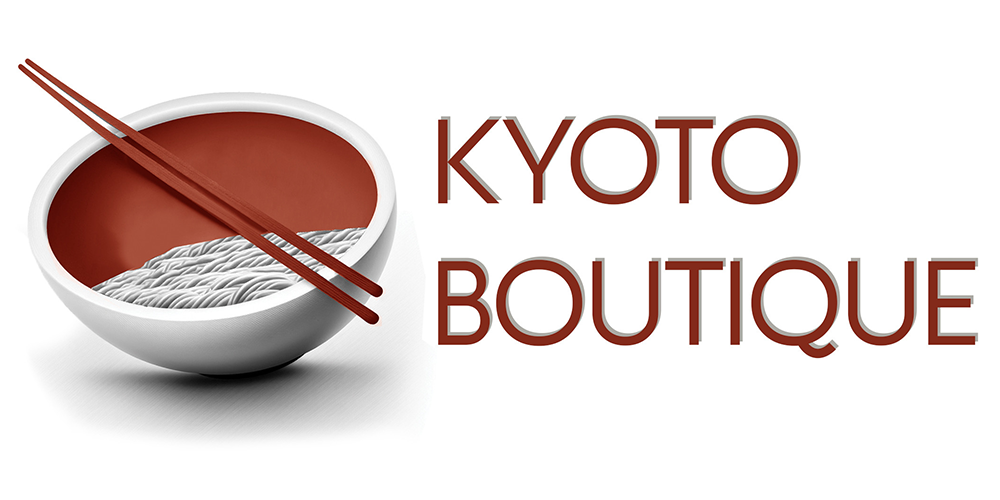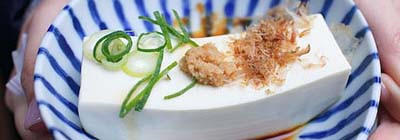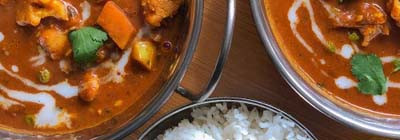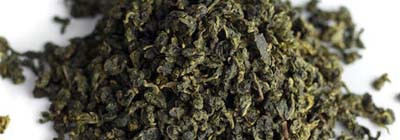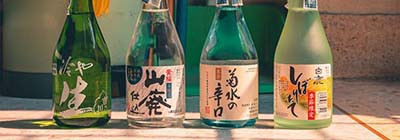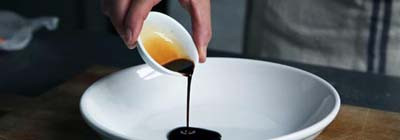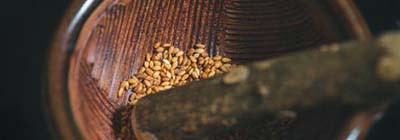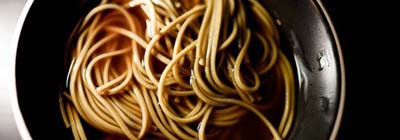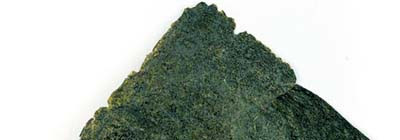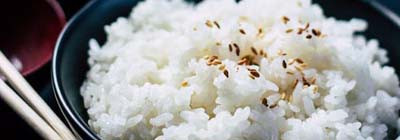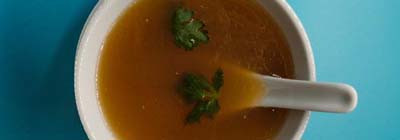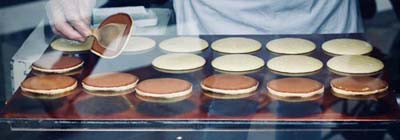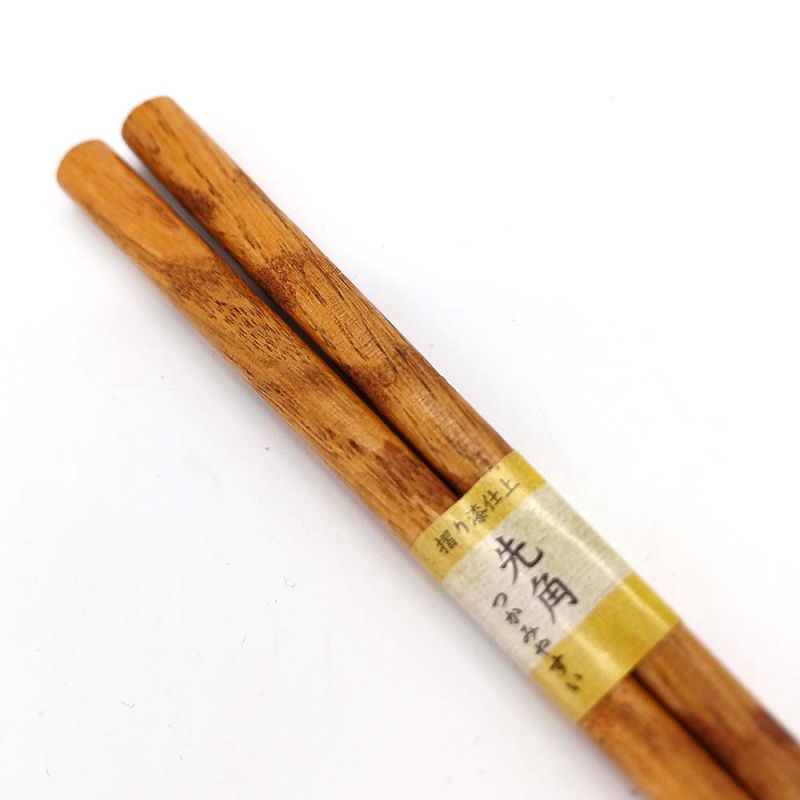Pair of Japanese wooden chopsticks (twisted) (suri)
Delivery times :
- 1 to 3 working days for France, Belgium and Switzerland.
- 3 to 5 working days for other countries in Europe
- 3 to 5 working days for other countries via DHL
This item is shipped from our warehouse in France.
You may return or exchange an item within 14 days of receiving your order. For more information, see our Return Policy
Pair of Japanese wooden chopsticks (twisted) (suri)
| Length | 22,5 cm |
|---|---|
| Compositions | wood |
| Product origin | made in Japan |
The chopsticks are table cutlery allowing to seize the food, they are especially used in Asia and their use is traditional. They are also a decorative element. The designs are multiple and you can easily find the pair that suits you.
There are several advantages to eating with chopsticks:
Eating more slowly, for example, makes you feel fuller more quickly, which leads us to eat less and therefore disadvantages weight gain.
Eating with chopsticks would lead us to eat in small bites that we chew less. This would reduce the rise in blood sugar and therefore prevent chronic diseases like type 2 diabetes or obesity.
Baguettes are also very practical, you can indeed grasp, turn, prick, untangle, mix, fish in hot water without burning yourself and remove food with great precision.
Eating with chopsticks is easier than you think:
1- Slide a first rod in the hollow between the thumb and forefinger then place the front of the rod on the ring finger. This wand remains stationary.
2- Grasp the second wand between your index, middle and thumb, as if you were holding a pen. This rod is mobile.
3- Practice moving the upper rod to make a gripper movement with the lower rod, always stationary. Once you've got the hang of it, try to grab food and hold it long enough to gently carry it to your mouth.
And if there are indeed several things not to do when eating with chopsticks, (for example planting the chopsticks in food, pushing dishes or food with it, pointing something or someone with the chopsticks ...) they are specific to Japanese culture and everyone should respect them or not.
